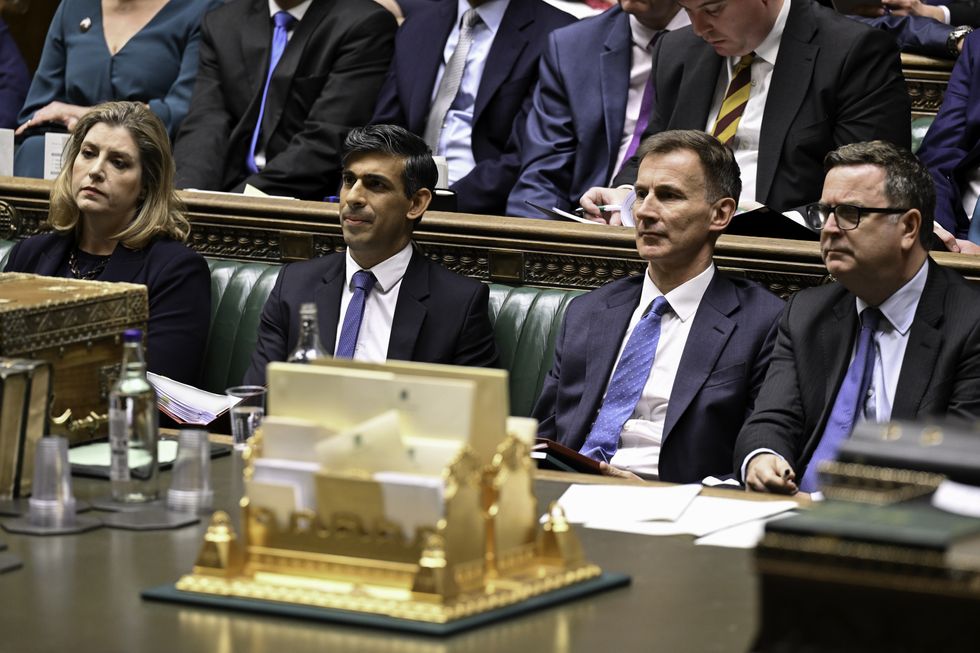National Insurance to be cut next week but UK workers still to be 'worse-off or unaffected'
Britons are expecting tax cuts in 2024 but frozen National Insurance thresholds mean not everyone will benefit
Don't Miss
Most Read
National Insurance payments will be slashed in the New Year but half of UK workers are likely to be “worse off or unaffected”, according to a leading think tank.
The Resolution Foundation is reminding workers of the upcoming changes to tax come January 2024 and who will benefit the most.
In his Autumn Statement, Chancellor Jeremy Hunt confirmed that 29 million workers will see their National Insurance rate cut.
However, the threshold for paying National Insurance remains frozen at its current level until April 2028 which means more people are being dragged into paying the levy.

National Insurance will be cut next week but not everyone will benefit
GETTY
Torsten Bell, the chief executive of the Resolution Foundation, outlined why the Government’s proposed tax cuts “won’t last” while National Insurance thresholds stay the same.
He explained: “The net effect will be a tax cut for the top half of earners, and tax rises (or no change) for the bottom half.
“Overall, the richest half of Britain is likely to see incomes rise in the next financial year, but poorer households will see income falls, as targeted cost of living support comes to an end.
“This mixed picture will present challenges for politicians trying to paint in primary colours in a critical election year.
“But the living standards story for the parliament as a whole is far simpler: British households will, for the first time on record, be poorer at the end of a parliament than at its start.”
As of January 6, 2024, millions of Britons will pay 10 percent on their earnings between £12,571 and £50,270, down from 12 percent.
According to Mr Hunt, this cut to National Insurance is equivalent to an annual saving of £450 for an employee earning £35,400.
For workers with income and profits over £50,270, a two percent levy will be charged on what they make.
LATEST DEVELOPMENTS:

Chancellor Jeremy Hunt said he would cut the Class 1 National Insurance rate during his Autumn Statement
PASelf-employed workers shall pay eight percent on their profits between £12,571 and £50,270 from April 6, 2024 which is a drop from nine percent currently.
As well as this, those who are self-employed will not have to pay Class Two contributions of National Insurance.
Due to wages increasing, more Britons will begin to pay National Insurance for the first time with the thresholds being frozen.
Previously, National Insurance thresholds used to rise every year in line with inflation but will be at the same level for another four years.
Income tax brackets have also been frozen by the Government to save money which is leading to fiscal drag.














